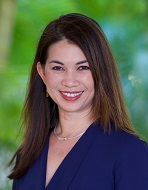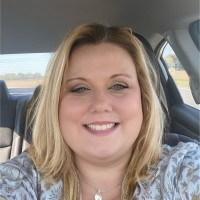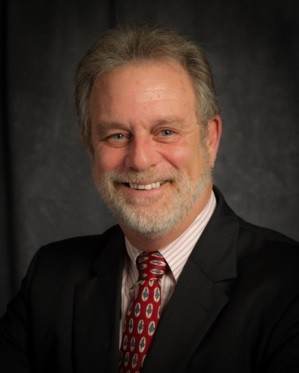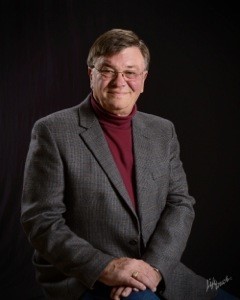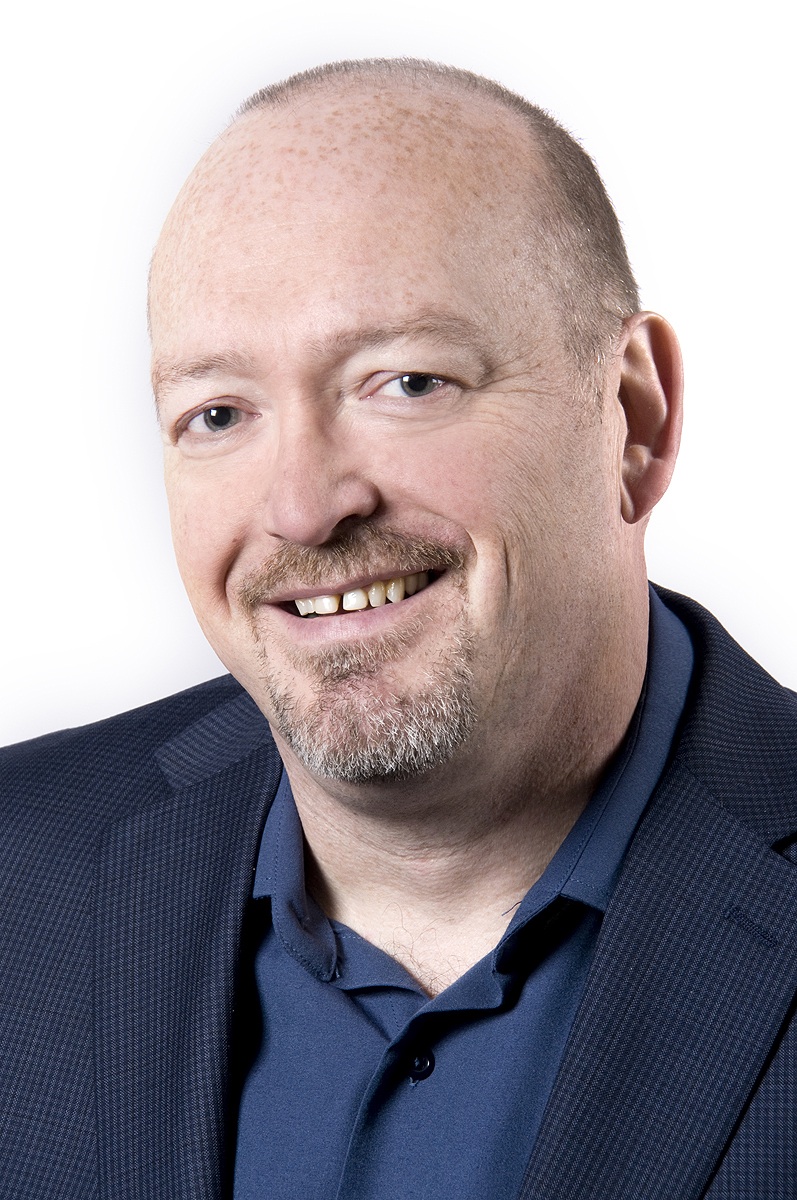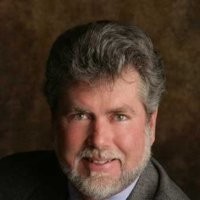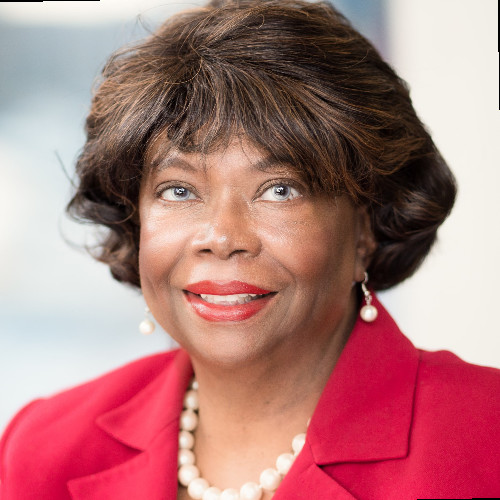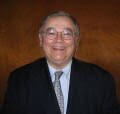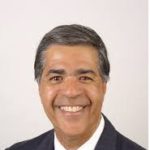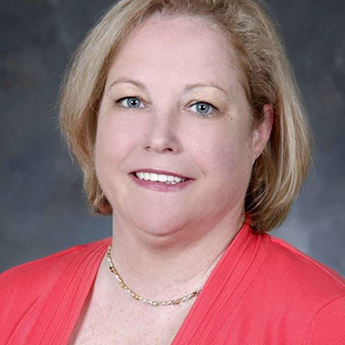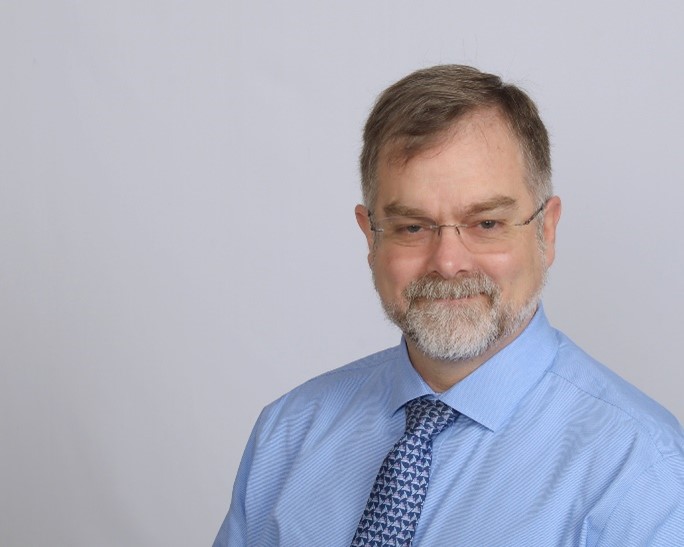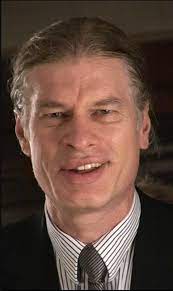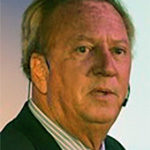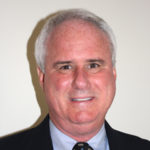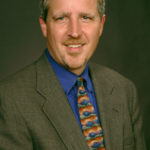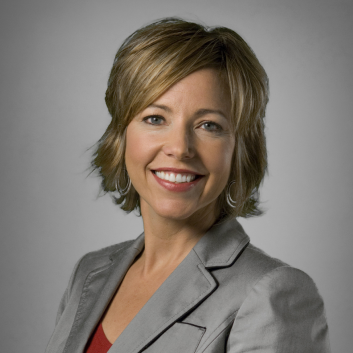Behavioral Interviews-500% More Effective Than Traditional Methods
Regardless of skill, hiring a person who is a bad fit is the wrong decision. In fact, traditional interviewing predicts future success by only 10%. With a bad fit, the employee will never reach optimum performance or be fully engaged, and they are likely to leave. The company is then left with another expensive recruitment along with the disruption of having talent walk out the door. (Recruiting expenses are typically 50 – 100% of an individual’s annual salary).
The minute a new employee walks in the door they begin to evaluate whether they made a good decision (70% of new hires make the decision to stay at or leave an organization within their first six months). If it is a poor fit they never become engaged and typically they turnover quickly leaving you to pick up the pieces.
The solution is to implement strategies that identify the right talent (skills and abilities) and the right fit (personally, culturally, and socially). And there are critical elements that will make it a good match for you and the employee.
- Understanding the job requirements and critical skills needed for success – aligning the skills, knowledge, and abilities that support success with the organization's culture and how work is done
- Behavioral Based Interviewing – to accurately assess the candidate’s skills and abilities and goodness of fit. Behavioral interviewing looks at what the candidate actually did vs. what they hypothetically would like to do. We’ll show you how to use this style of interviewing to your advantage
- Errors in evaluating candidates – where do they come from and how to minimize or avoid them entirely
- Developing your process – from start to finish a planned approach to making critical decisions on who to hire
Learn the “SOAR” method for creating Behavioral Based Interviewing
- Receive 43 Behavioral Based Interview Questions
- Top 10 Tips for Interviewers
- Understand the source of interviewer rater errors
- How to link corporate values to employee selection
- How to interview for “best fit”
- What are acceptable and un-acceptable areas of inquiry
- How probing/follow-up questions can make a big difference
- Use Behavior Anchored Rating system to evaluate candidates
- Building your interview process into the performance management system
Please detail the new knowledge, tools, resources, tips, sample documents, etc. with which you will equip the audience. Think about how your session will benefit attendees in their professional capacities. Behavioral-based interviewing is a critical part of building a successful team of employees. With this webinar, companies will have tools to improve their new-hire processes.
- Leaders
- Managers, and supervisors
- Human Resources professionals
- Organizational development professionals
Bob Verchota, SPHR, is the President and owner of RPVerchota & Associates, a human resources and management practices consulting firm. He has over 30 years of human resources and operational leadership experience. His most recent corporate assignments include serving as VP Support Services, VP of Ancillary Services and Human Resources, and VP Human Resources. Focus areas include organization change and employee development, talent acquisition, risk management, compensation and benefits, labor and employee relations, performance improvement, and other operational issues.
Academic pursuits include an undergraduate degree in Business Administration, graduate degree in Healthcare Administration (MHA), and doctoral work in Organization Development EdD (abd). He has taught at the technical, baccalaureate, and masters levels in several colleges and universities.
Upcoming Webinars
